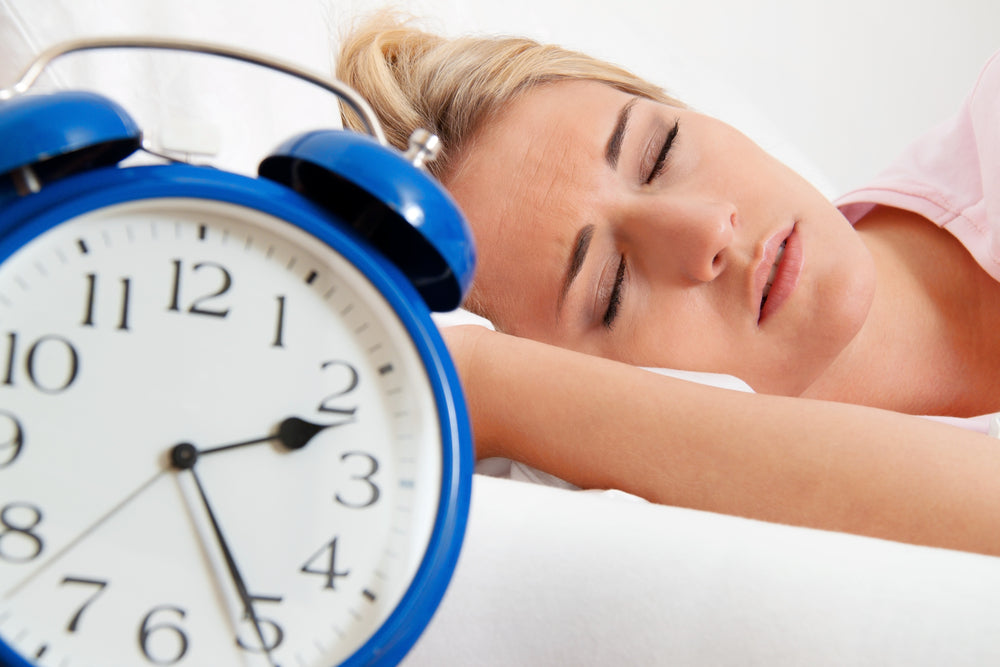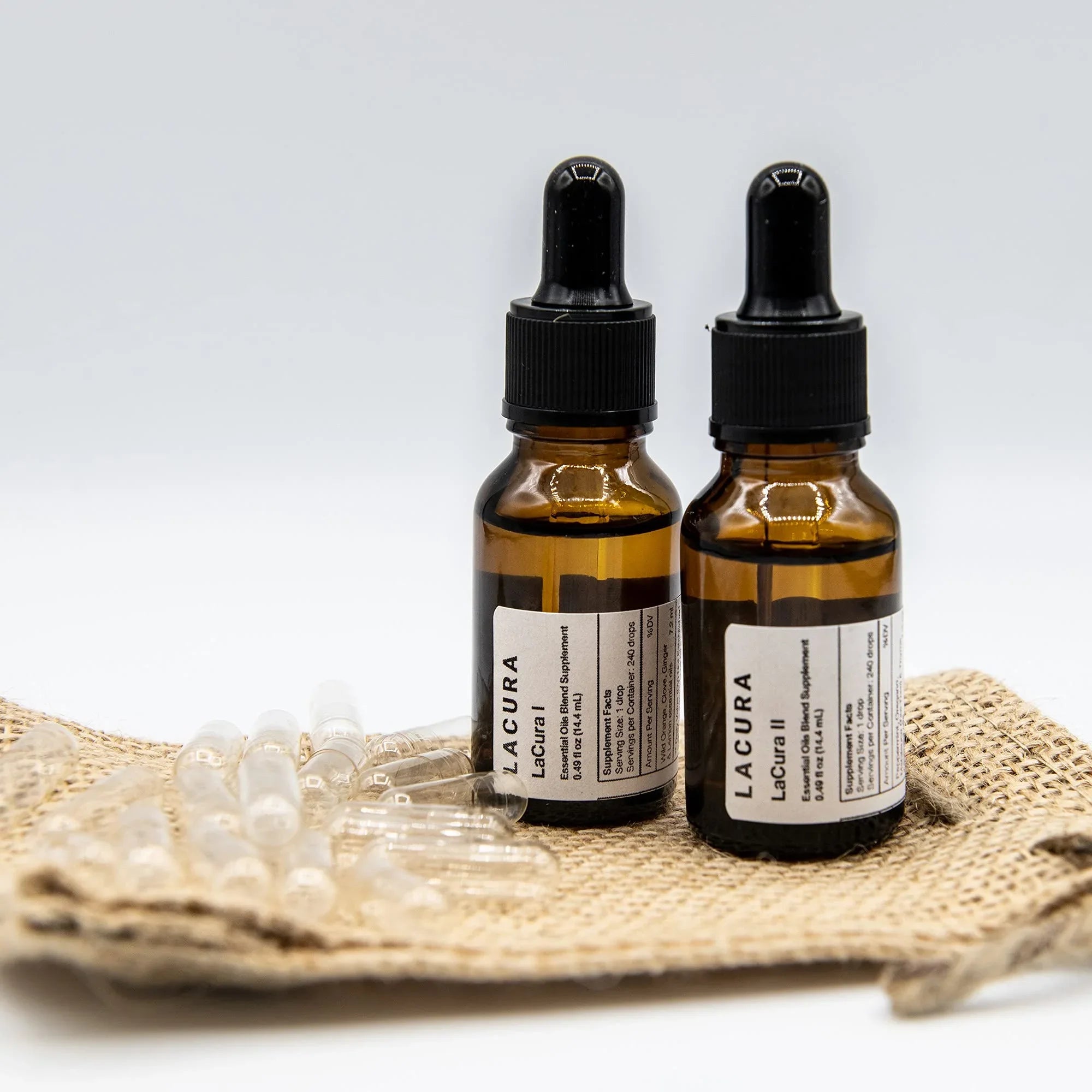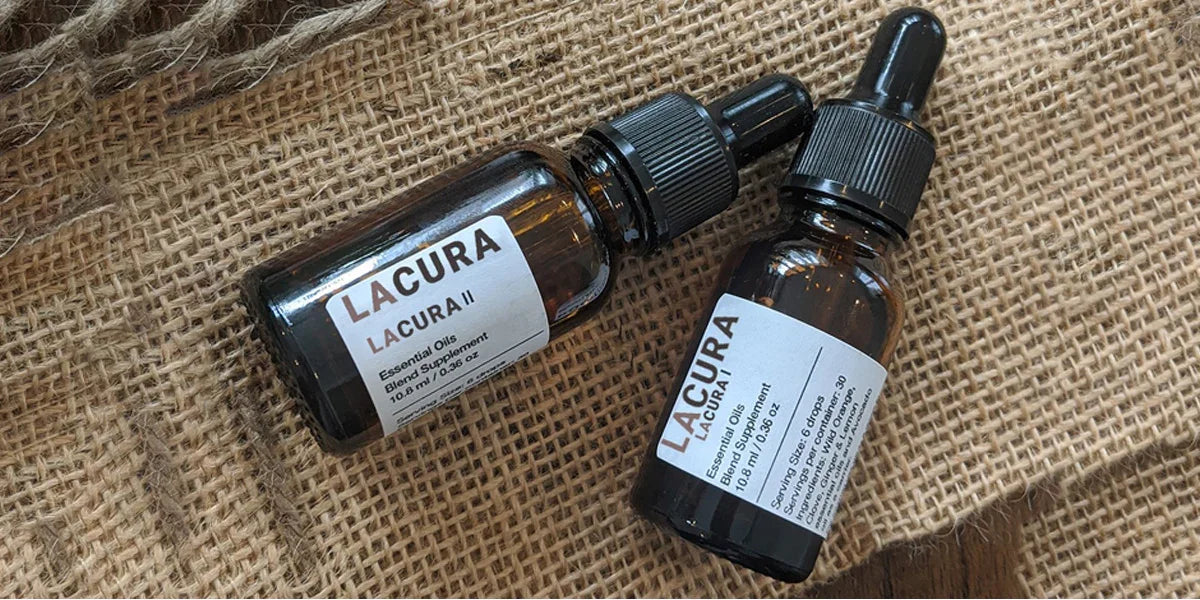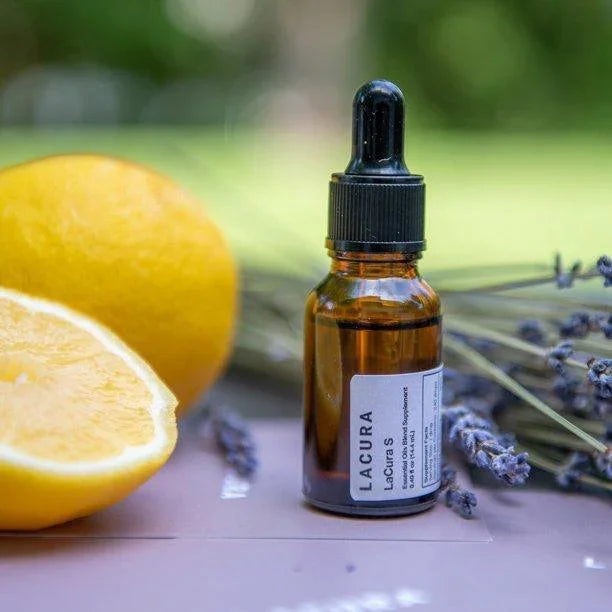Healthy diet, regular exercise, and regular doses of vitamins and minerals are all great ways to enhance the immune system.
You may already be following some of these practices to strengthen your body against COVID-19, but you may not be aware there are other factors to consider when it comes to your immune system.
Below, find out what causes a weak immune system, and what you can do to improve your immunity against disease.
Stress
Stress produces the hormone cortisol, which leads to inflammation. It also lowers the amount of lymphocytes, which are the white blood cells that fight off the body’s infection. The fewer lymphocytes you have, the more at risk you are for getting infected by COVID-19 and other viruses.
If you often find yourself in a constant fight-or-flight response to a stressful situation, you will have an increased risk of high blood pressure, obesity, depression, and a variety of other illnesses.
Fortunately, there are many things you can do to alleviate your stress. If you can’t remove yourself from stressful situations, get help from your support system. Practice relaxation techniques like meditation, yoga, and breathing exercises. Place a few drops of essential oil in your diffuser to help relieve any tension while you’re at home.
Smoking
Like stress, nicotine also increases the cortisol levels in the body, making you more susceptible to diseases.
Quitting cigarettes is hard to do at first, but needs to be done to help your body stave off illnesses. Find a friend who is also trying to quit and make them your accountability partner. Or, consider nicotine replacement therapy to curb your cravings.
Drinking
Too much alcohol intake can impair your body’s immune system, making it easier for viral particles like COVID-19 to gain access to your body.
Drinking in moderation is generally considered safe, but more than one to two drinks a day will weaken the immune system significantly. In addition, alcohol affects sleep quality. The less a person sleeps, the more likely they are to get sick.
To curb your drinking, set a limit on how much you drink in a day. If you’re in a social situation, stick to seltzer water after your first drink to prevent yourself from overindulging.
Social isolation
Isolation itself doesn’t weaken the immune system, but the loneliness, depression, and anxiety associated with it could hinder the immune function.
Humans are highly social creatures; we’re naturally wired to interact with each other. So don’t let the pandemic prevent you from making meaningful connections with other people.
To avoid feeling less isolated, reduce the time you spend on social media and spend more time hanging out with friends online or on the phone. You can also take advantage of online therapy if you can’t leave the house to seek face-to-face counseling.
Sedentary lifestyle
Lack of physical activity can lead to an impaired immune system and heightened stress levels. Try to squeeze in at least 30 minutes of exercise each day to keep the body going.
Even if you can’t go to a gym, there are plenty of home workouts you can do that won’t require equipment such as squats, burpees, pushups, and planks.
Keep yourself motivated by dancing to your favorite music, and encourage other members of your household to join you in workout video.
Overtraining
Exercise is great for the body, but too much of a good thing can also be bad. If you’re logging too many hours of exercise without the proper warmup, cool down, and rest in between, you will experience injury, soreness, fatigue, and reduced immunity.
Try to pace your workouts either by decreasing their intensity or frequency. Consider working with an online trainer, who will develop a fitness plan that’s appropriate for your age and fitness level.
Diet
An unhealthy diet leads to less production of immune cells and antibodies that the body needs to fight off infection.
Decrease your salt, sugar, and saturated fat intake. As much as possible, avoid consumption of processed food, and eat plant-based food whenever you can.
If your current diet doesn't give you enough vitamins and minerals, you can take multivitamins and supplements. You can also use a blend of high quality essential oils that are known for their antioxidant and anti-inflammatory properties.
Sleep
This unprecedented pandemic has been causing a lot of stress to most people, resulting in high levels of cortisol. This hampers the functionality of the immune system, making you more prone to infections.
Lower your cortisol levels naturally by getting the right amount of sleep. Sleep improves the body’s production of cytokines, which helps the immune system do its job. Unfortunately, it can be difficult to sleep given how things are at the moment.
Give your immune system the best chance to fight off bacteria and viruses simply by getting enough sleep. Establish a nightly ritual that signals the body that it’s time to sleep. Avoid caffeine in the evenings, and limit exposure to bright lights and digital screens. Use white noise and ear plugs to avoid distractions, and diffuse a relaxing blend of essential oils to help you sleep.
Vitamin Deficiency
Vitamin D helps to boost your immune system. But if you’ve been eating a lot of takeout and fast food, you may not be getting the right amount of this vitamin. Staying inside all day also prevents you from getting the sun vitamin naturally.
Make sure to eat food that is rich in vitamin D such as eggs, fatty fish, fortified milk, cereal, and oatmeal. Go outside and get brief exposure to the sun each day to meet your required daily dose. Just remember to wear sunblock if you plan on being outside for extended periods of time.
Grief
Grief is a normal emotion to experience. Many people lost loved ones during the height of the pandemic, and many are also grieving missed experiences. While it’s important to process your emotions thoroughly, prolonged grief impairs the immune system, leaving you vulnerable to sickness. It also increases inflammation, which could worsen any pre-existing conditions you might already have.
Grief is a natural response to loss, and healing is its natural outcome. Healthy forms of self-care are essential during long bouts of intense grief. Reaching out to others, going for long walks, and spending time with nature can help you get through emotionally challenging periods.






